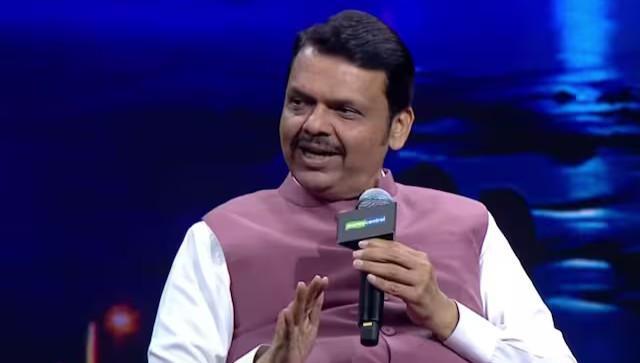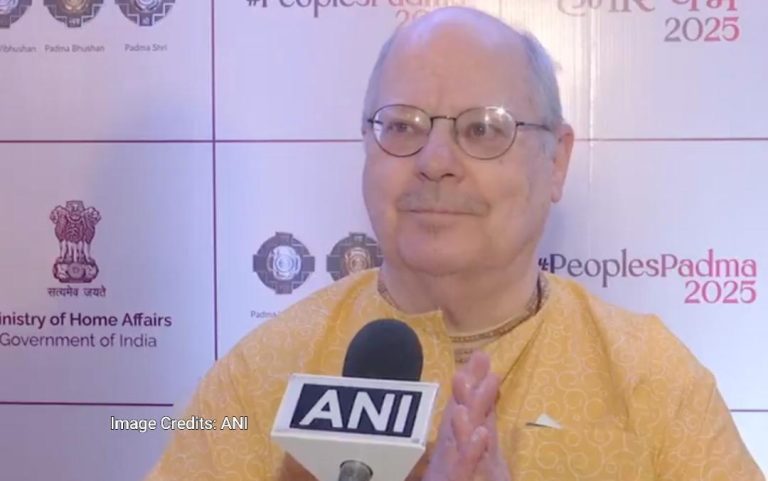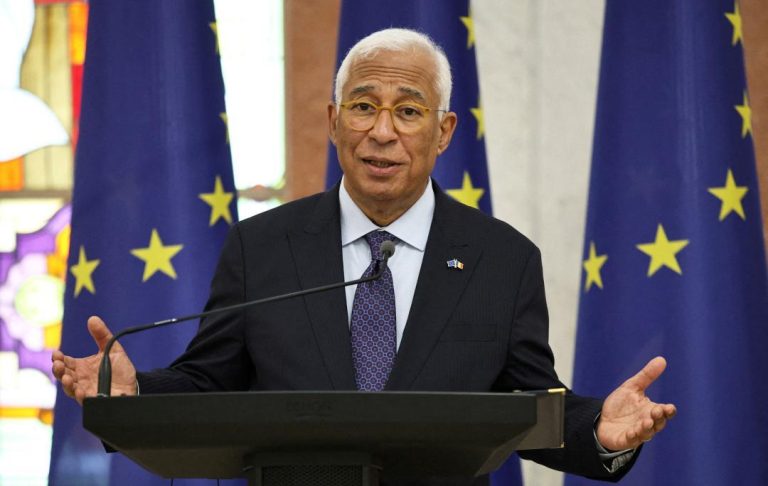
Mumbai-Ahmedabad Bullet Train to be Operational by 2028: Fadnavis
The much-awaited Mumbai-Ahmedabad bullet train project is finally on track, and Maharashtra Chief Minister Devendra Fadnavis has given a timeline for its completion. According to Fadnavis, the bullet train will be operational by 2028, connecting the financial capital of India, Mumbai, with the commercial hub of Gujarat, Ahmedabad.
The project, which has been in the works for several years, aims to revolutionize travel between the two cities by significantly reducing travel time. Currently, the journey from Mumbai to Ahmedabad takes around 7-8 hours by train, but the bullet train is expected to cut this time down to approximately two hours.
Fadnavis made the announcement while addressing a gathering in Gujarat, where he highlighted the progress made on the project. He acknowledged that Gujarat had been ahead of Maharashtra in terms of project development, but assured that the work was now being done in full swing. The Maharashtra CM also mentioned that the project had suffered during the two-year rule of the previous government, but the current administration was committed to its completion.
The Mumbai-Ahmedabad bullet train project is a significant infrastructure development initiative, aimed at boosting economic growth and connectivity between the two major cities. The project is being implemented by the National High-Speed Rail Corporation Limited (NHSRCL), which is a joint venture between the governments of India, Maharashtra, and Gujarat.
The bullet train project is expected to have a significant impact on the economy of both states. According to estimates, the project is expected to generate employment opportunities for over 10,000 people during its construction phase. Once operational, the bullet train is expected to carry over 13 million passengers per year, generating significant revenue for the governments.
The project has also been designed to reduce carbon emissions. The bullet train is expected to run on electricity, which is a cleaner and more environment-friendly mode of transportation compared to diesel trains. Moreover, the project is expected to reduce the number of private vehicles on the road, leading to a decrease in air pollution.
The Mumbai-Ahmedabad bullet train project is being funded jointly by the governments of India, Maharashtra, and Gujarat. The project has received significant funding from the Japan International Cooperation Agency (JICA), which is providing a loan of around $17 billion to fund the project.
The project has faced several challenges and controversies since its inception. One of the major concerns has been the acquisition of land for the project. The NHSRCL has faced resistance from farmers and locals in several areas, who are opposed to the acquisition of their land for the project. The project has also been criticized for its high cost, with some estimating that the project will cost around $18 billion.
Despite these challenges, the Maharashtra government remains committed to the project’s completion. Fadnavis’ announcement of a 2028 deadline for the project’s completion is a significant boost to the project’s morale, and it is expected to pave the way for its successful implementation.
In conclusion, the Mumbai-Ahmedabad bullet train project is a significant infrastructure development initiative that is expected to revolutionize travel between the two major cities of India. The project’s completion by 2028 is a significant milestone, and it is expected to have a significant impact on the economy and connectivity between the two states. As the project moves forward, it is essential that the governments and stakeholders involved remain committed to its successful implementation, addressing the challenges and controversies that arise along the way.






